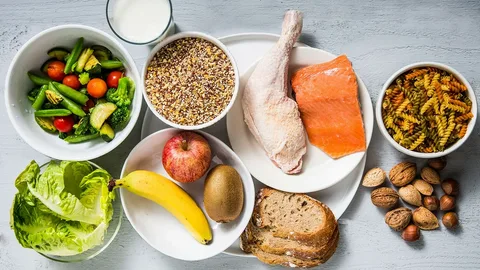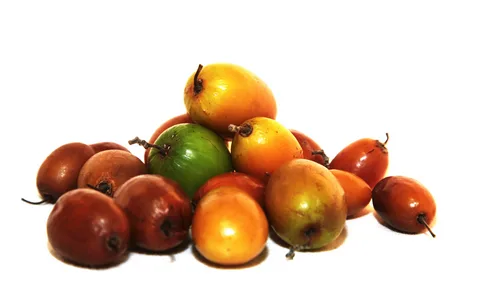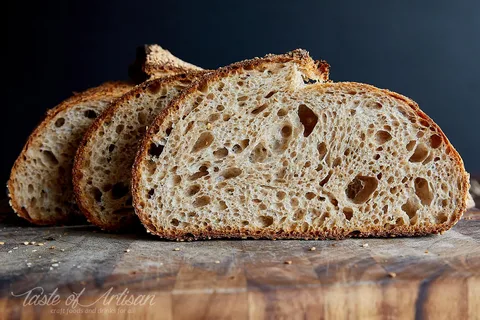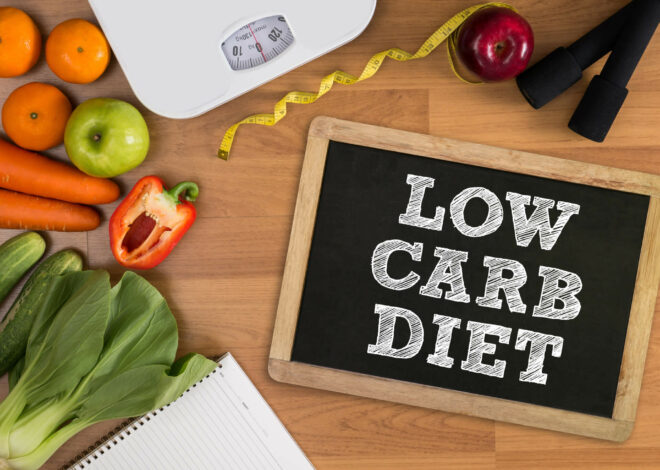
Bland Diet Foods to Eat and Avoid
Part 1 Understanding the Bland Diet
What is a Bland Diet?
A bland diet consists of foods that are soft, low in fiber, and easy to digest. These foods are typically mild in flavor and low in fat, spices, and acidity to minimize irritation to the digestive system.
When is a Bland Diet Recommended?
A bland diet may be recommended for individuals experiencing various digestive issues, including:
Gastritis
Acid reflux
Gastrointestinal infections (such as gastroenteritis or food poisoning)
Peptic ulcer disease
Irritable bowel syndrome (IBS) flare-ups
Goals of a Bland Diet
The primary goals of a bland diet are to:
Reduce stomach irritation: Avoiding spicy, acidic, or fatty foods can help soothe inflammation and irritation in the digestive tract.
Minimize digestive symptoms: Bland foods are easier to digest and less likely to trigger symptoms such as heartburn, nausea, bloating, or diarrhea.
Promote healing: By providing gentle, easily digestible foods, a bland diet can support the healing process in the digestive system.
Part 2 Foods to Eat on a Bland Diet
Starchy Foods
White rice
Plain pasta
Boiled or mashed potatoes
Plain crackers or dry toast
Lean Protein
Skinless chicken or turkey
Baked or broiled fish (such as cod or tilapia)
Tofu or tempeh
Eggs (boiled or scrambled)
Cooked Vegetables
Carrots
Green beans
Zucchini
Sweet potatoes (without skin)
Low-Acid Fruits
Bananas
Applesauce
Honeydew melon
Canned peaches (in water or natural juice)
Dairy and Dairy Alternatives:
Low-fat or non-fat yogurt
Skim milk
Almond milk
Cottage cheese
Beverages:
Water
Herbal tea (such as chamomile or peppermint)
Decaffeinated coffee or tea
Clear broth or bouillon
Part 3 Foods to Avoid on a Bland Diet
Spicy Foods
Hot peppers
Spicy sauces (such as hot sauce or salsa)
Curry dishes
Acidic Foods
Citrus fruits (such as oranges, lemons, or grapefruits)
Tomatoes and tomato-based products
Vinegar
High-Fat Foods
Fried foods
Fatty cuts of meat
Creamy sauces or dressings
Butter or margarine
Dairy Products
Full-fat cheese
Whole milk
Ice cream
Sour cream
Fibrous Foods
Raw vegetables
Whole grains
Nuts and seeds
Tough or fibrous meats
Caffeinated Beverages
Coffee
Black tea
Energy drinks
Soda
Part 4 Meal Planning Tips for a Bland Diet
Start with small, frequent meals
Eating smaller portions more frequently can help prevent overloading the digestive system and minimize symptoms.
Keep it simple
Stick to basic, easy-to-digest foods and avoid complex or heavily seasoned dishes.
Cook foods thoroughly
Opt for cooking methods like boiling, steaming, or baking to make foods easier to digest.
Incorporate variety
Despite the limitations of a bland diet, try to include a variety of foods from different food groups to ensure adequate nutrition.
Stay hydrated
Drink plenty of water throughout the day to stay hydrated and support digestion.
FAQs: Frequently Asked Questions
Can I season bland diet foods with salt?
Yes, small amounts of salt can be used to season bland diet foods for flavor. However, it’s best to avoid adding excessive amounts of salt, as it can contribute to fluid retention and high blood pressure.
Can I eat bread on a bland diet?
Yes, plain bread such as dry toast or plain crackers can be included in a bland diet. However, it’s best to avoid bread with high-fat or spicy toppings.
Are there any beverages I should avoid on a bland diet?
Yes, it’s best to avoid caffeinated beverages such as coffee, black tea, and soda, as they can irritate the stomach lining and worsen digestive symptoms.
Can I eat desserts on a bland diet?
In moderation, you can enjoy desserts that are low in fat and acidity, such as plain gelatin, vanilla pudding, or angel food cake. However, it’s best to avoid rich, creamy desserts and those with spicy or acidic ingredients.
How long should I follow a bland diet?
The duration of a bland diet depends on individual circumstances and the underlying digestive issue. It’s best to follow your healthcare provider’s recommendations for how long to adhere to a bland diet.
Can I reintroduce foods after following a bland diet?
Once digestive symptoms have improved, you can gradually reintroduce foods that were restricted on the bland diet, paying attention to how your body responds. It’s best to reintroduce one food at a time and monitor for any adverse reactions.
Is a bland diet suitable for everyone?
While a bland diet can be beneficial for individuals with certain digestive issues, it may not be necessary or appropriate for everyone. It’s essential to consult with a healthcare provider or registered dietitian before starting a bland diet to ensure it’s suitable for your individual needs and health condition.
Conclusion
A bland diet can be a helpful tool for managing digestive issues and promoting digestive health. By focusing on gentle, easy-to-digest foods and avoiding irritants like spices, acidity, and high-fat foods, you can soothe inflammation, reduce symptoms, and support healing in the digestive system. With careful meal planning and attention to individual dietary needs, you can navigate a bland diet successfully and enjoy improved digestive wellness. Remember to consult with a healthcare provider or registered dietitian for personalized guidance and recommendations tailored to your specific health condition and dietary preferences.
- The Benefits Of THC Seltzers For Social Gatherings And Parties - April 12, 2025
- Upper Face Anti Wrinkle Treatment Near Thorpe, Surrey - January 5, 2025
- Xela Rederm Skin Booster Treatments Near Titsey, Surrey - January 4, 2025



